If you’ve lost more than 5kg already then there’s a very important fact to consider – you use less energy to function.
“If you have dropped from, say, 90kg to 68kg, you’ll be burning around 25 per cent fewer kilojoules each day,” says Dr Leon Massage, weight loss and nutrition spokesperson for the Australian Medical Association. That means you’ll also need to reduce the kilojoules you’re taking in if you want to keep losing weight at the same rate.
How much you should reduce depends on your current weight, age, height and level of activity – a calculation using all of these gives a figure known as your basal metabolic rate (BMR).
Once you know this you can readjust your kilojoule intake (or increase your exercise) to create the energy deficit you need to start shedding those last few kilos. You’ll find BMR calculators online. Try www.thecalculatorsite.com.
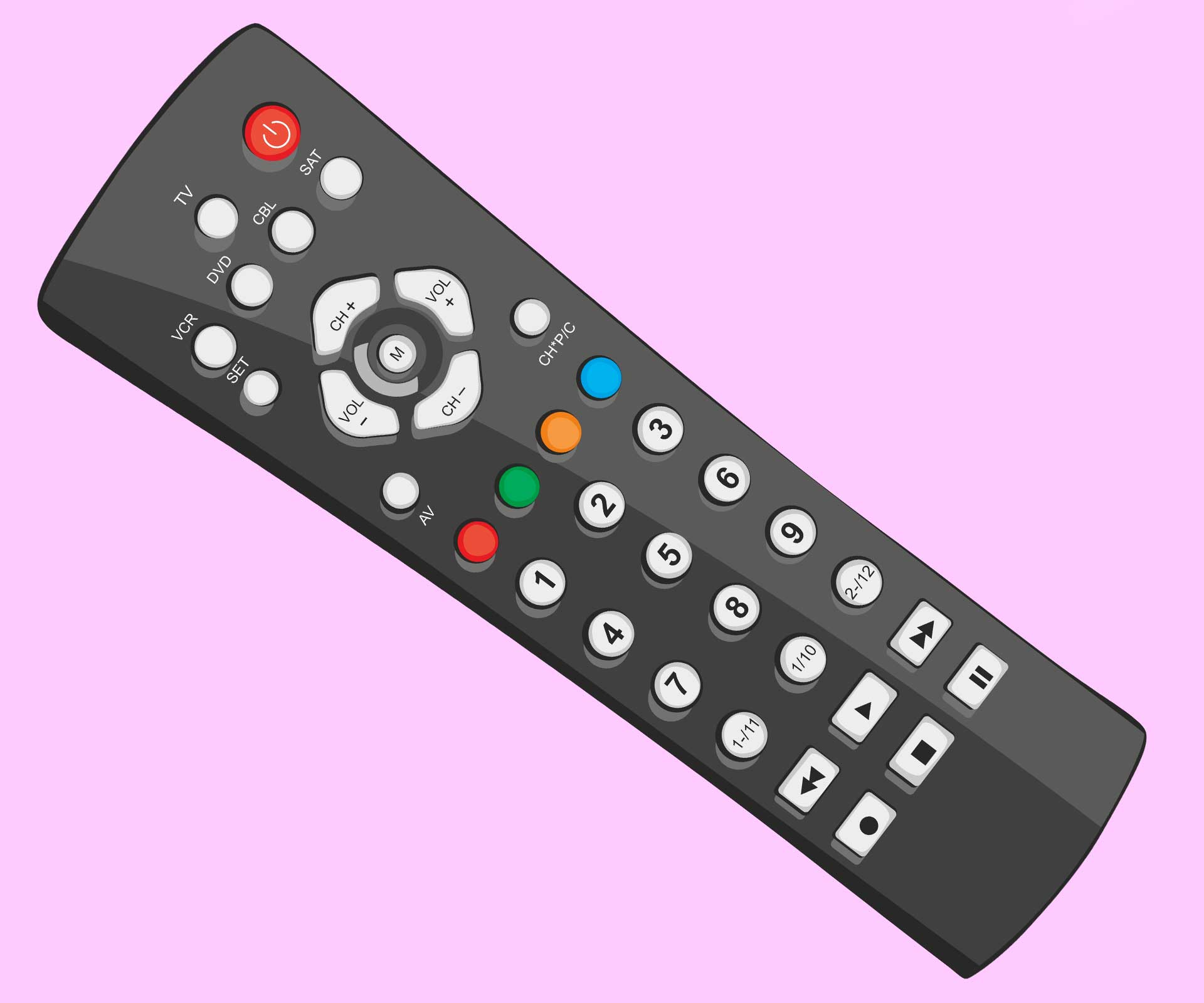
Turn off the TV for a month
Not only does it decrease the chance of sneaky kilojoules creeping in while watching your favourite series, when people stopped watching TV, they expended more energy – in one study people burned an extra 500kJ a day by cutting their viewing by half for three weeks.

Balance your gut bugs
Gut bacteria are strongly associated with weight control and the wrong balance can slow down your metabolism so much that researchers say it’s like adding an extra cheeseburger to someone’s daily diet.
“The more diverse the bacteria you have in your gut the better,” says Jeannette Hyde, author of The Gut Makeover. “And the best way to increase diversity is to increase the number of plant foods in your diet. Aim for 20 to 30 different types of fruit, vegetables or herbs a week.”

Alternate your eating
Sometimes the best way to get your body to lose the last bit of weight is to alternate between ‘strict’ weeks and more relaxed ones. “The body responds to change and shock, so it can help to alternate between weeks where you don’t try and lose any weight and weeks when you’re very focused on doing so,” says Cavill. Just remember one vital point about any kind of dieting – if you go back to your old eating habits, you will go back to your old weight. Even if you’re not actively trying to lose weight, you’ll need to eat healthily to maintain the losses you’ve already made.
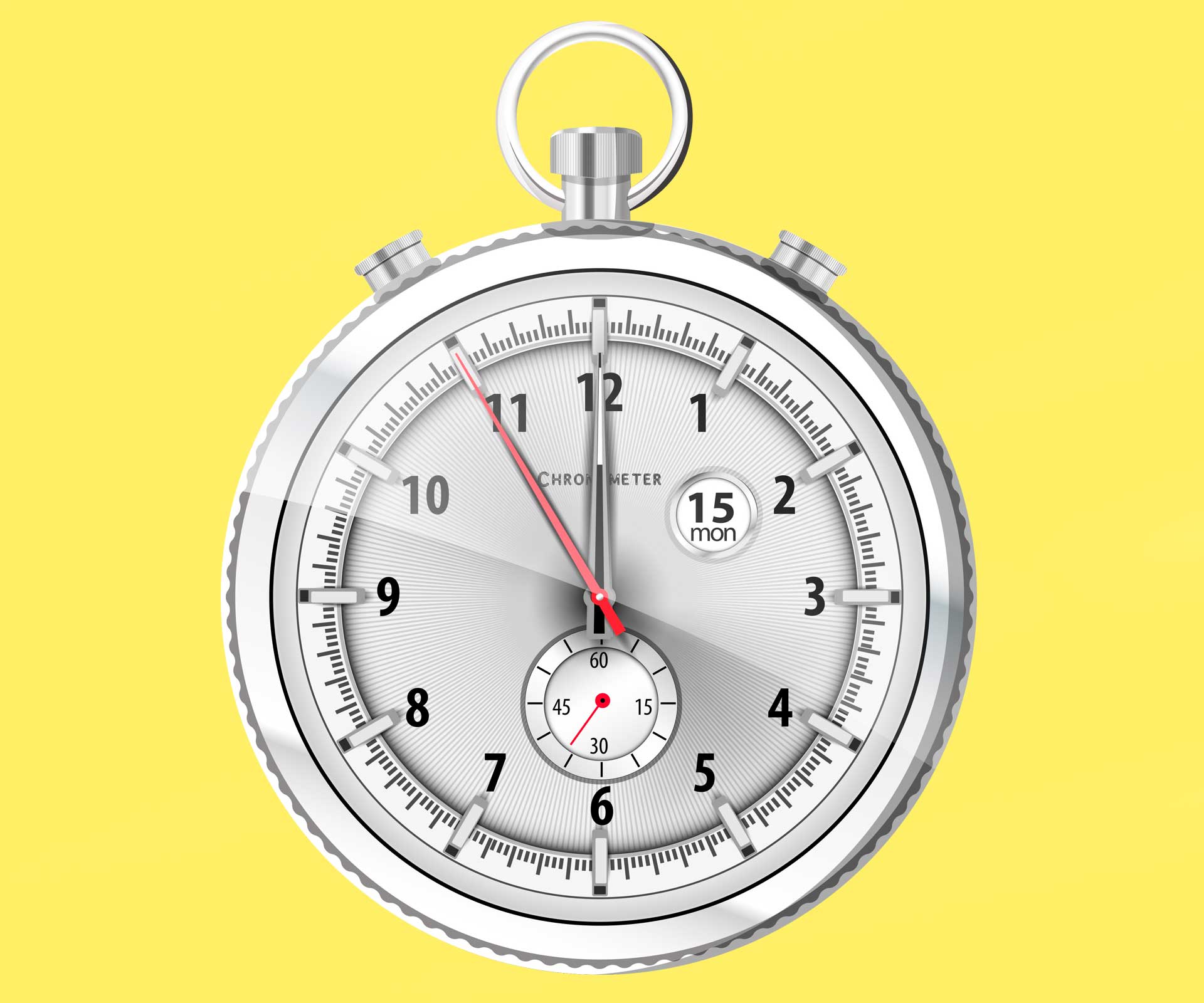
Do an exercise you’re hopeless at
This is trainer Vicki Lanini’s top tip to her clients whose weight has stuck. “Your body adapts to the exercise you do and your workout becomes less effective, but challenge your body and this can kick-start weight loss again,” she says. Plus, doing an exercise you normally avoid, or are a bit hopeless at, will challenge muscles you rarely – if ever – use. “And that’s where results come from,” says Lanini.
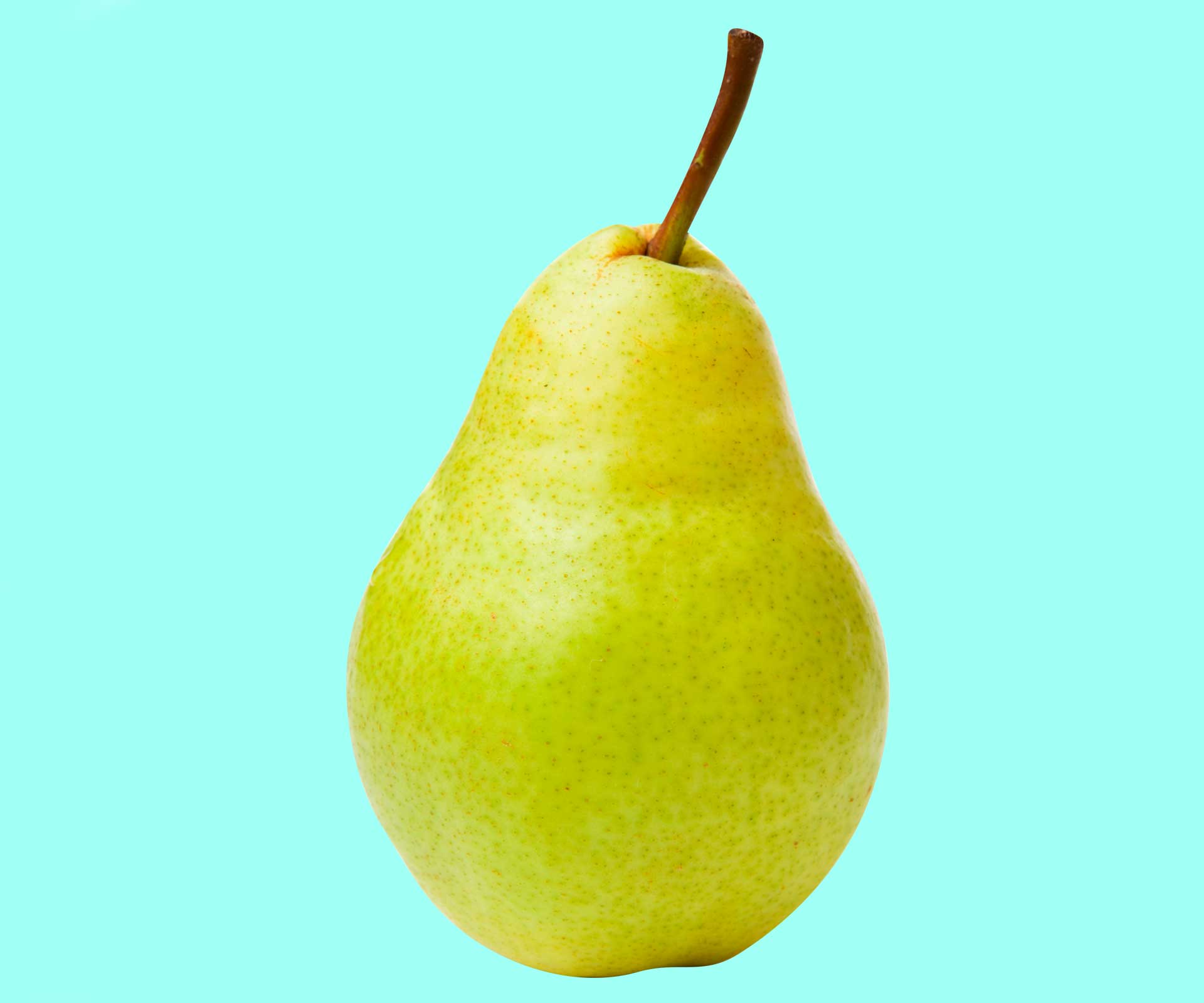
Stop fighting against your natural shape
“Everyone holds fat in some areas more than others – these patterns are linked to your hormonal environment and shedding these is no longer as simple as just kilojoules in, kilojoules out,” says Cavill.
Bone structure and muscle mass also play a role in your shape. If you have a wide pelvis for example, you’re always going to have curvy hips. In this case you might not actually need to lose those extra 3kg, so your body won’t let it happen. Instead of trying to shed more weight, speak to a personal trainer about how you can reshape other areas to balance your body better.

Get specific again
“As you get closer to your final goal, complacency often slips into weight loss, and foods or drinks you’ve been avoiding slip back in,” says Massage. Pretend it’s week one again, revisit your eating plan and stick closely to it.
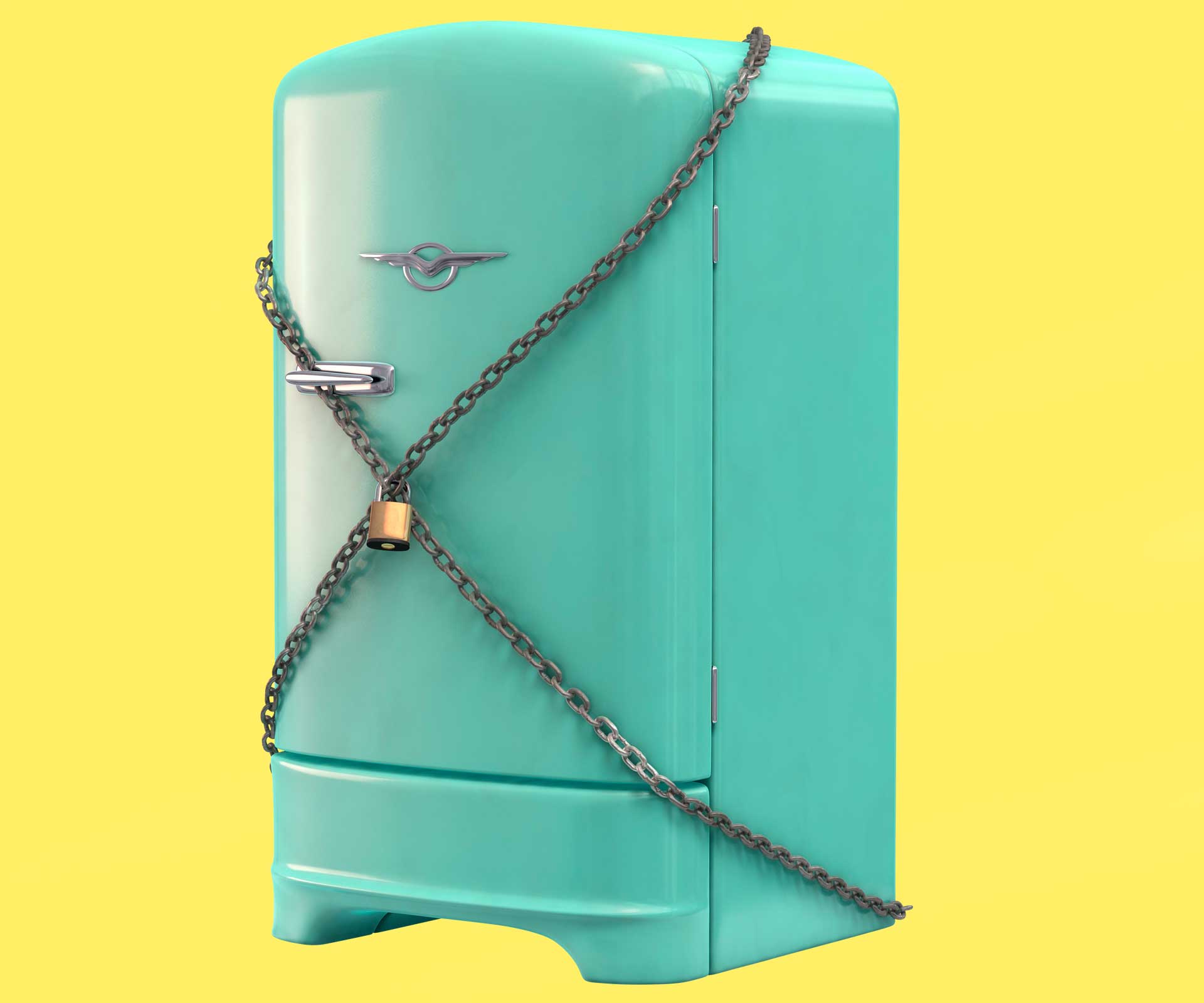
Try a kilojoule curfew
Sometimes it’s not just what you’re eating that’s making you retain weight, but when you’re eating it. Try leaving a 12-hour gap between the last thing you eat in the evening and the first thing you eat the next day. “This rests the gut, drops inflammatory markers in trials, improves insulin sensitivity and promotes weight loss,” says nutritionist Tania Flack. Science confirms the idea – mice only allowed food for 12 hours a day were thinner than mice allowed to eat all day, even though both groups ate the same number of kilojoules.

Start moving more
Your body doesn’t like it when you lose weight, and it puts a lot of defence mechanisms in place to try to stop it. One mechanism is that you subconsciously move less as your weight falls, so you might start to fidget less or feel more inclined to get the bus rather than walk.
Counteract it. From now on, make an active choice to move whenever you can – take the stairs, walk up escalators, swing a leg as you sit and, if you can, commute actively. People who swapped driving to work for more than 30 minutes’ walking or cycling weighed an average of 7kg less after two years.
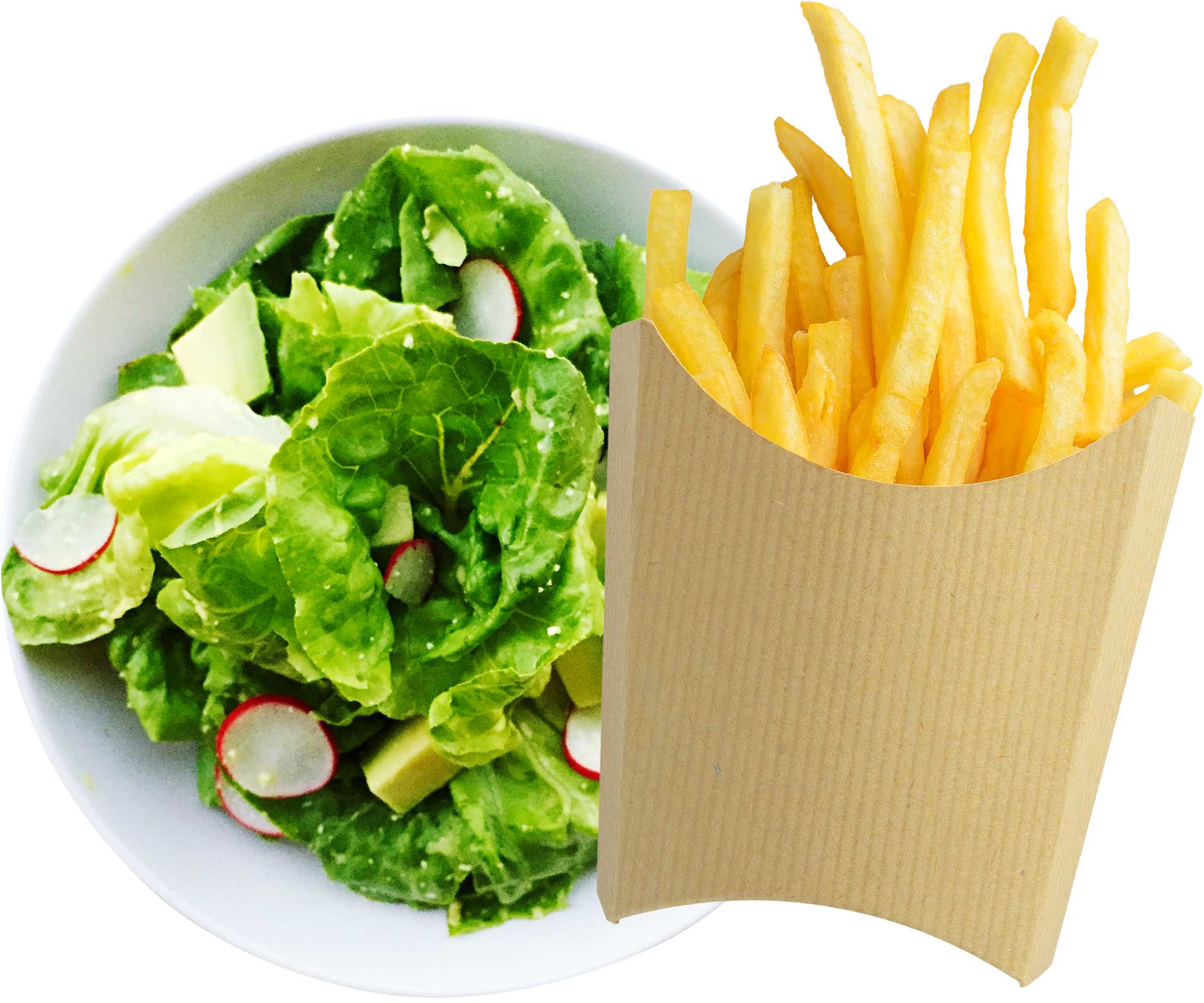
Alternate your eating
Sometimes the best way to get your body to lose the last bit of weight is to alternate between ‘strict’ weeks and more relaxed ones. “The body responds to change and shock, so it can help to alternate between weeks where you don’t try and lose any weight and weeks when you’re very focused on doing so,” says Cavill. Just remember one vital point about any kind of dieting – if you go back to your old eating habits, you will go back to your old weight. Even if you’re not actively trying to lose weight, you’ll need to eat healthily to maintain the losses you’ve already made.

Think FITTL
Variety is key to keeping you on track, which is where FITTL comes in. “FITTL stands for frequency, intensity, time, type or location. Altering one of these every time you exercise shakes up your workout in ways that will challenge your body and boost results,” explains health and fitness coach Ali Cavill.
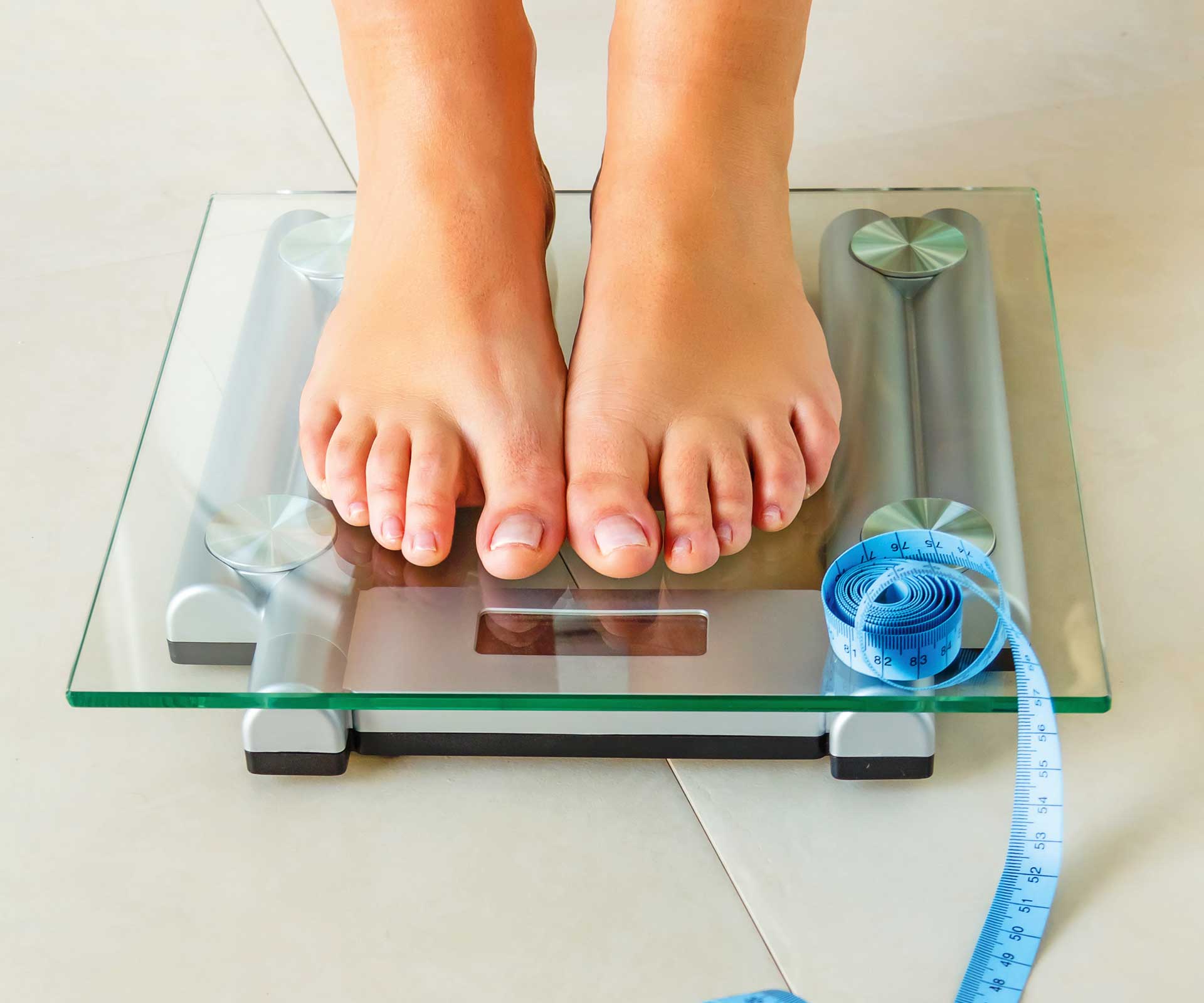
Ask a tricky question
Nutritional medicine practitioner Fiona Tuck suggests you ask yourself ‘is there a reason I don’t want to lose weight?’. “We can use excess weight as a protective mechanism when we are trying to avoid dealing with something. Once you can let go of whatever the true problem is, the weight often goes with it,” says Tuck. Your reason could be anything – perhaps carrying the extra weight gives you a reason to not end a bad relationship or go for a promotion and face possible rejection. “Deal with the real emotional issue and the weight often takes care of itself,” she says.




